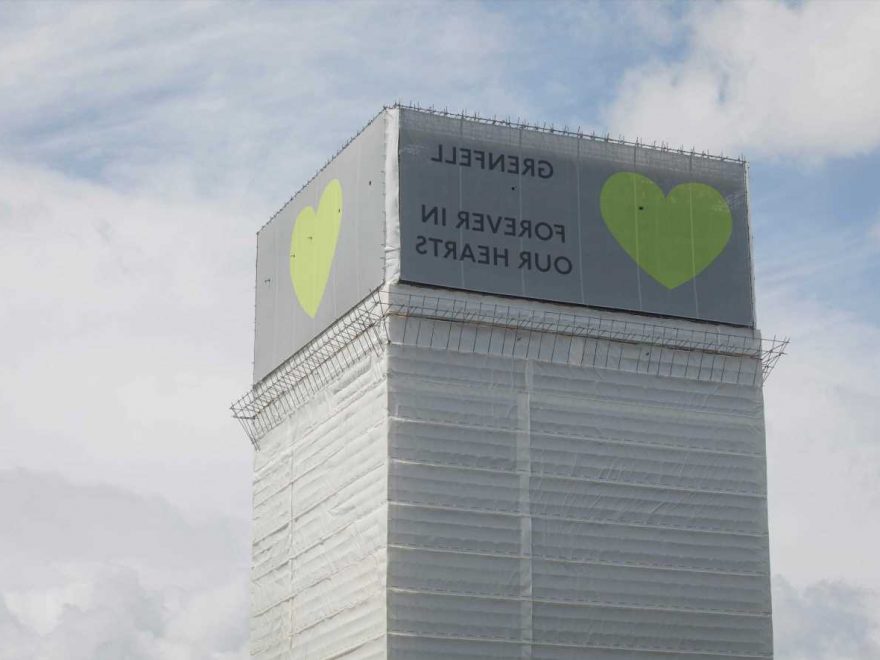HOMEOWNERS can sue builders for safety failures up to 15 years after the work is carried out under new rules brought in after the Grenfell Tower tragedy.
The Building Safety Bill, published today, will more than double the amount of time new build owners have to seek compensation for substandard construction work.

Previously, homeowners had a six year window in which to sue over poor building work but they will have 15 years under new legislation.
The changes will apply retrospectively, meaning that residents of a building completed in 2010 will be able to bring proceedings against the developer until 2025.
It applies to the freeholder or leaseholder of the building – but not renters – and all residential buildings, not just high-rises.
The changes will come into affect two months after the it receives Royal Assent – which is the final stage of a bill becoming law.
Housing secretary Robert Jenrick is also set to announce the creation of a building safety regulator as part of post-Grenfell reforms.
The watchdog will be responsible for overseeing safety risks in high rise residential buildings of 18m and above.
This includes ensuring safety risks are considered throughout the building process, including at design, construction and completion.
In total, 72 adults and children died in the fire at Grenfell Tower, West London in June 2017.
It has since been revealed that dangerous cladding allowed the flames to spread rapidly throughout the North Kensington tower block.
Since the fire, millions of people have been living in homes that were found to be encased in unsafe cladding.
An independent review into building regulations and fire safety following the disaster found the UK's system was "broken", prompting the latest changes.
Under the new legislation, residents in high-rise buildings will be given "more routes to raise concerns about safety".
It will also insure that there are "clearly identified" people responsible for safety during the design, build and occupation of a high rise building.
Jenrick said: "This Bill will ensure high standards of safety for people’s homes, and in particular for high rise buildings, with a new regulator providing essential oversight at every stage of a building’s lifecycle, from design, construction, completion to occupation.
"The new building safety regime will be a proportionate one, ensuring those buildings requiring remediation are brought to an acceptable standard of safety swiftly, and reassuring the vast majority of residents and leaseholders in those buildings that their homes are safe."
Will house prices drop in 2022 after stamp duty holiday ends this year?
John Lewis has announced plans to build 10,000 flats and homes to rent out.
Here's eight first-time buyer properties worth £300k that you still don’t have to pay stamp duty on.
Source: Read Full Article
